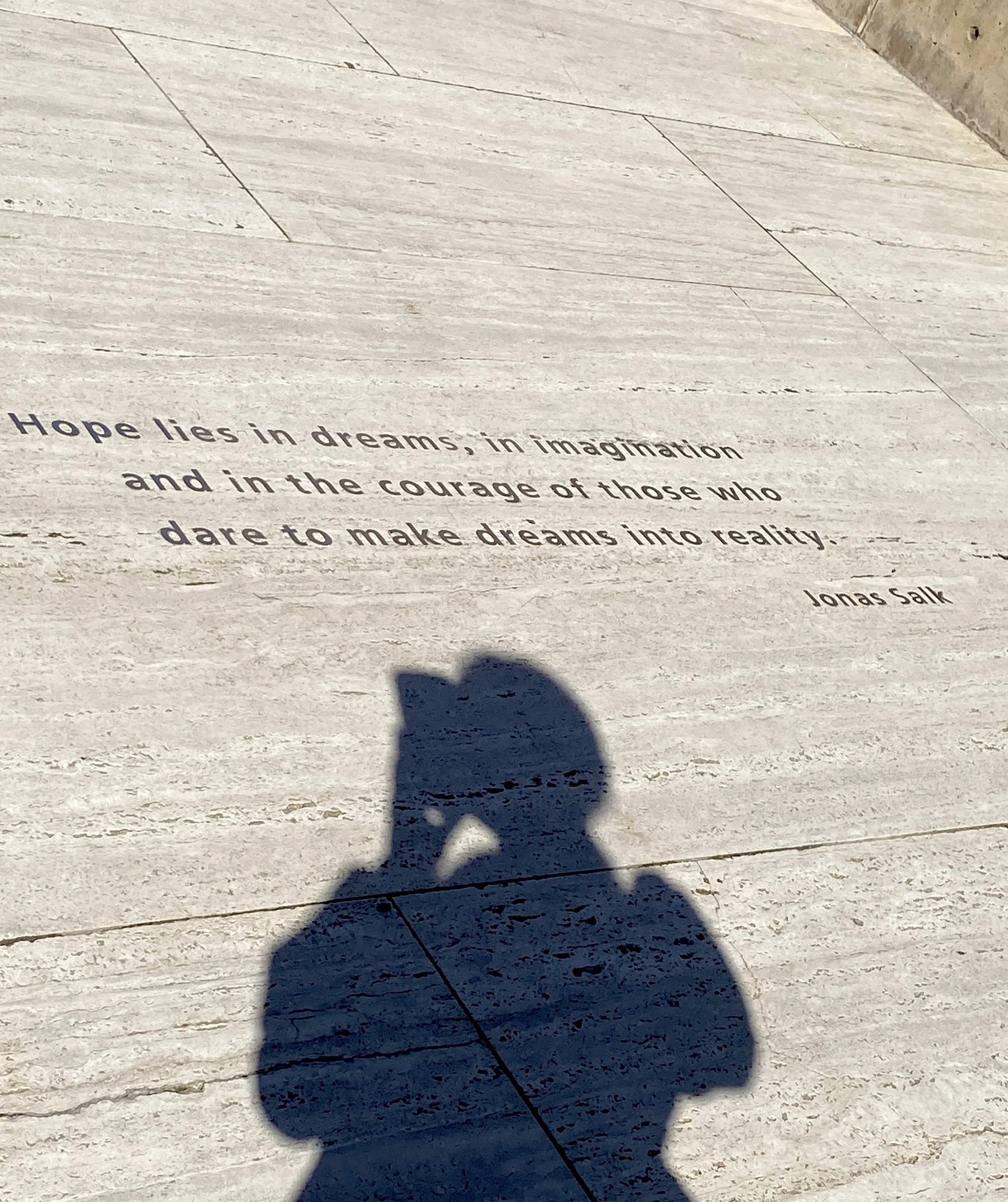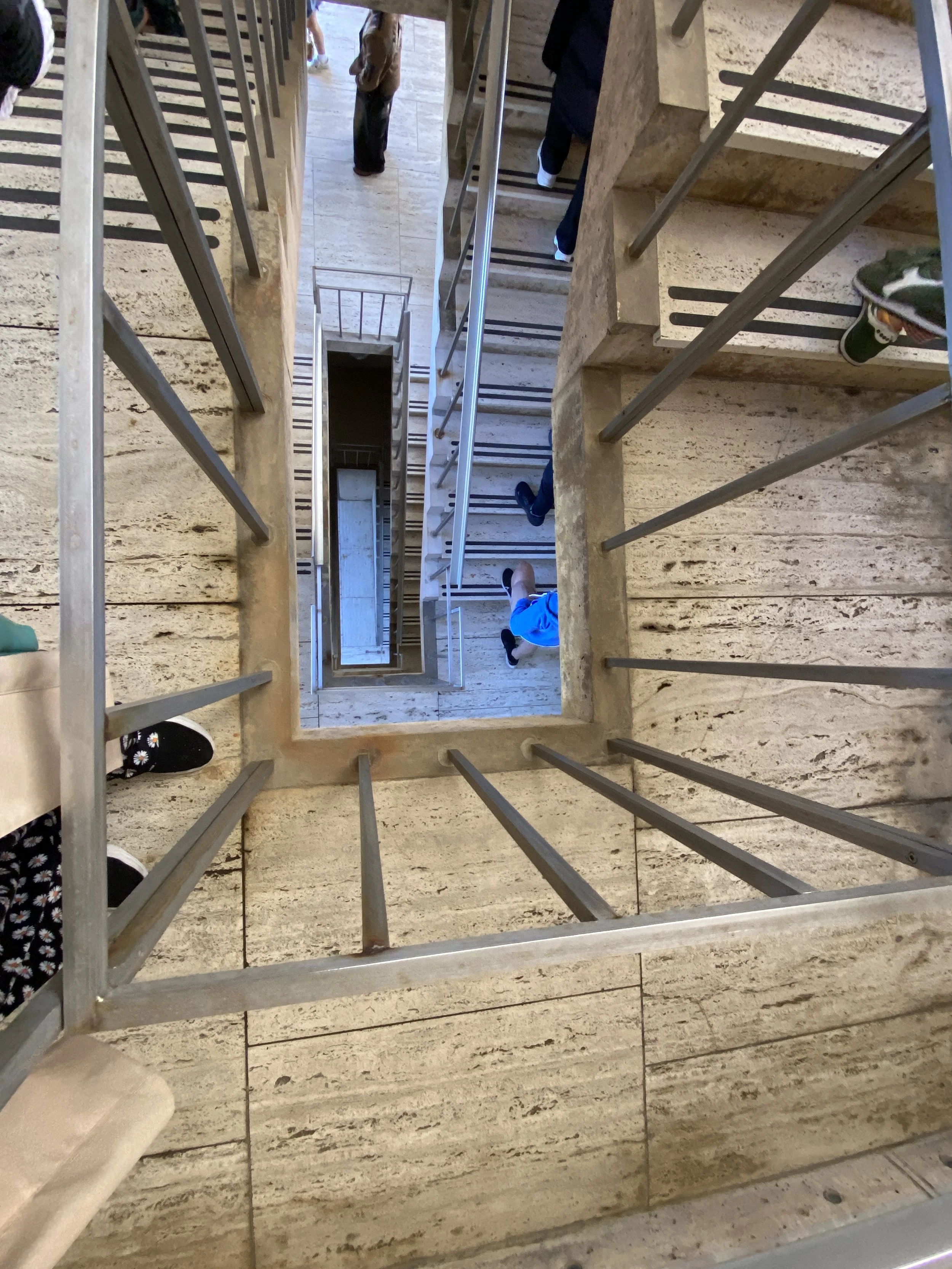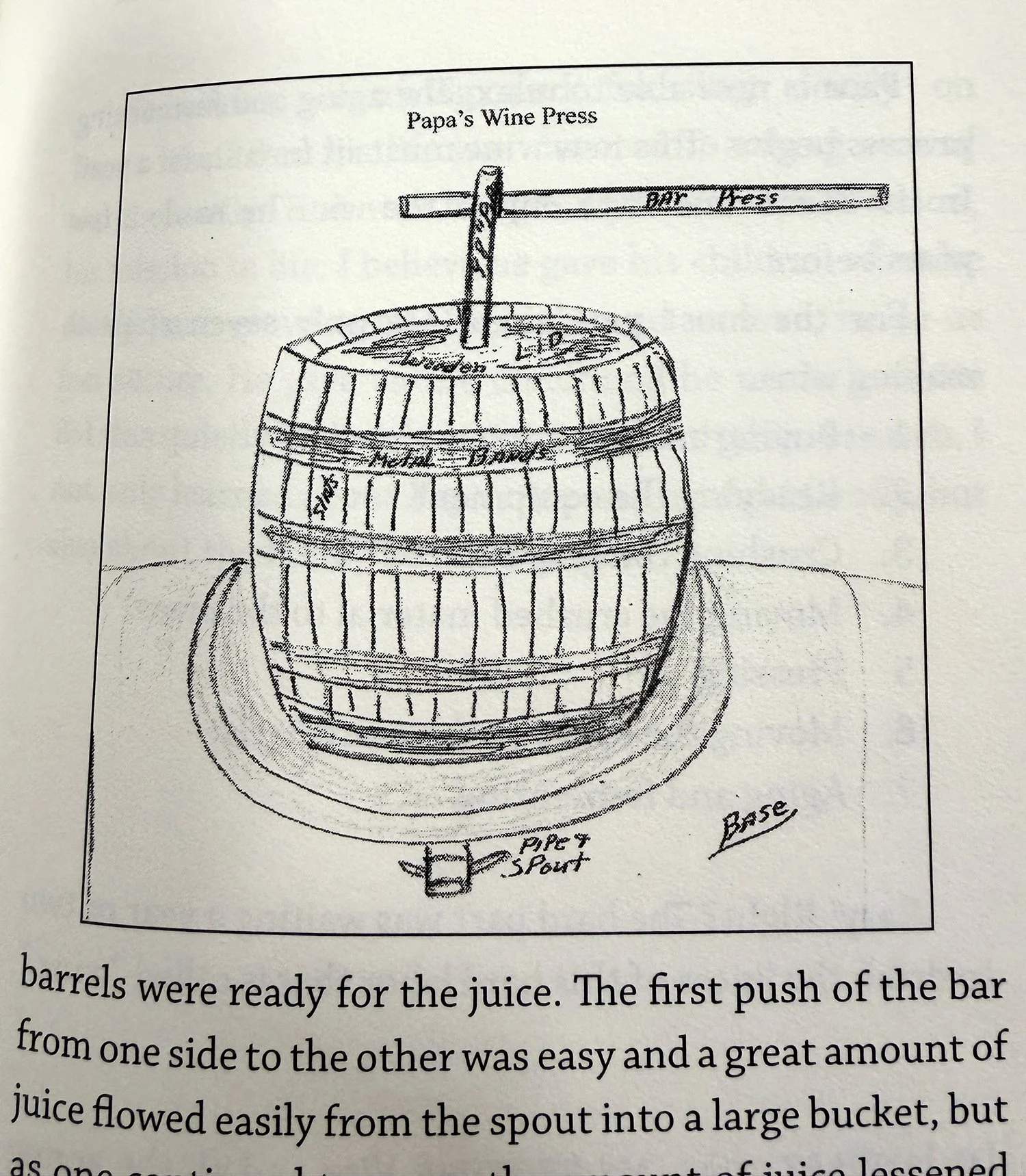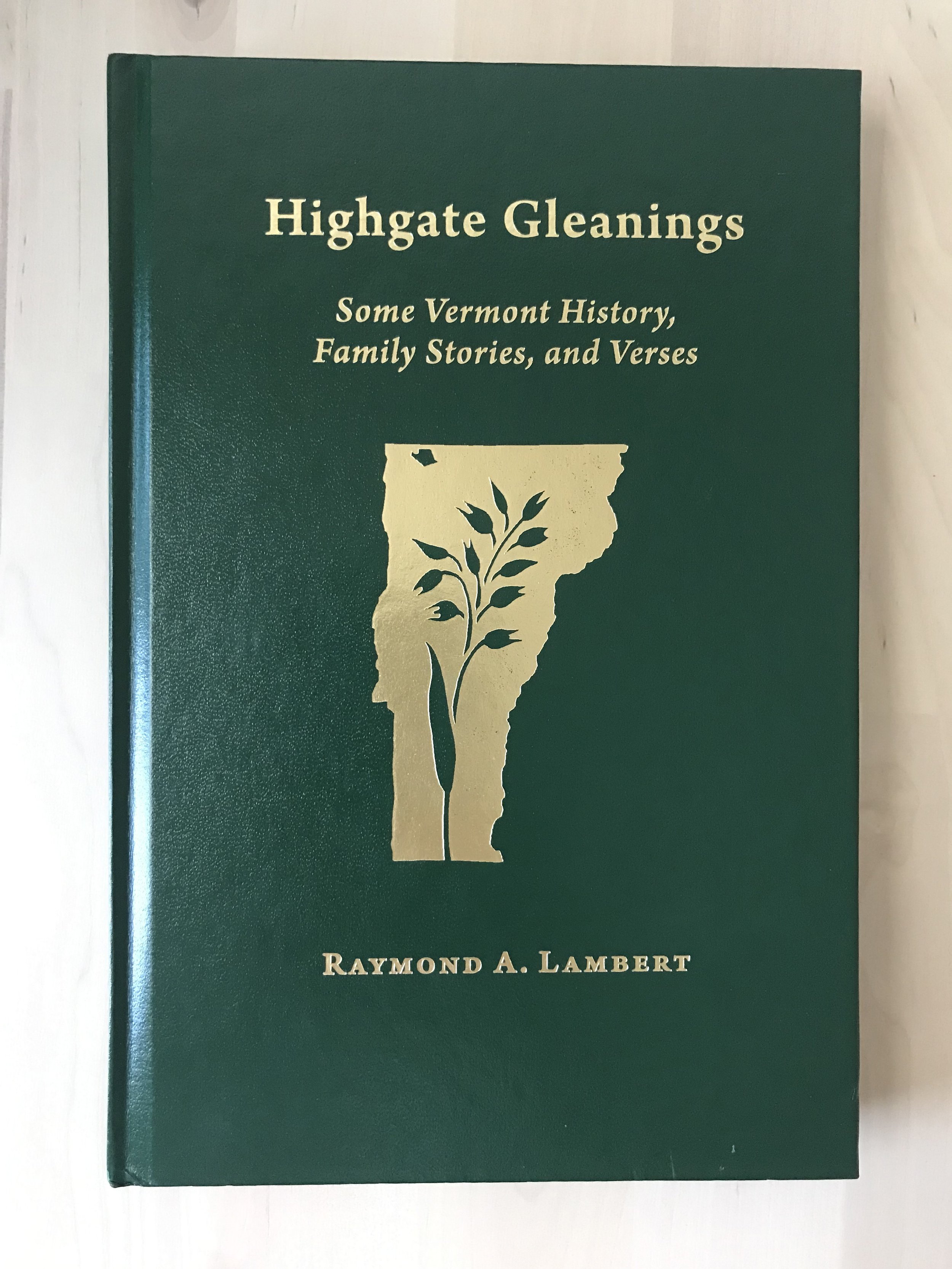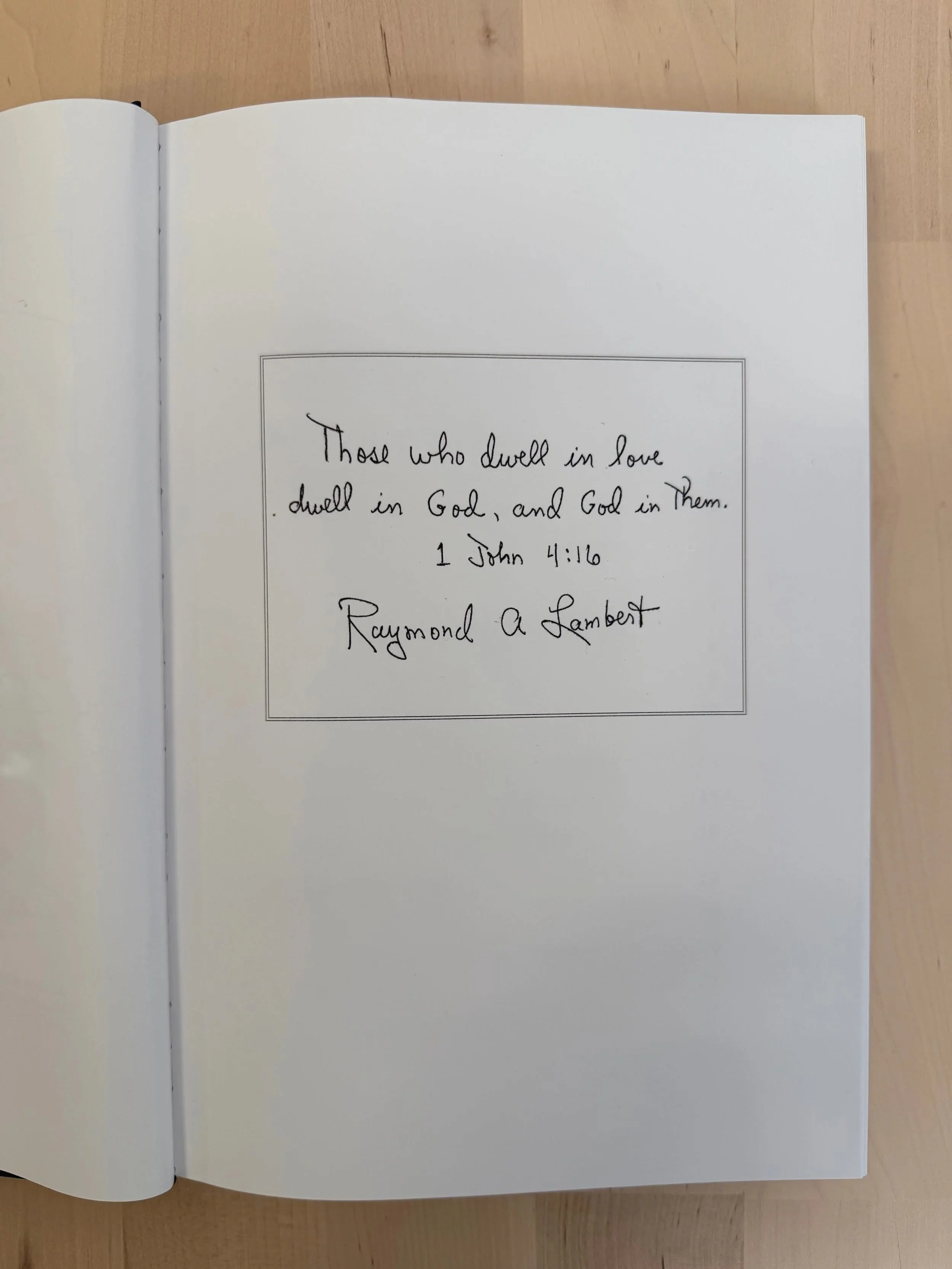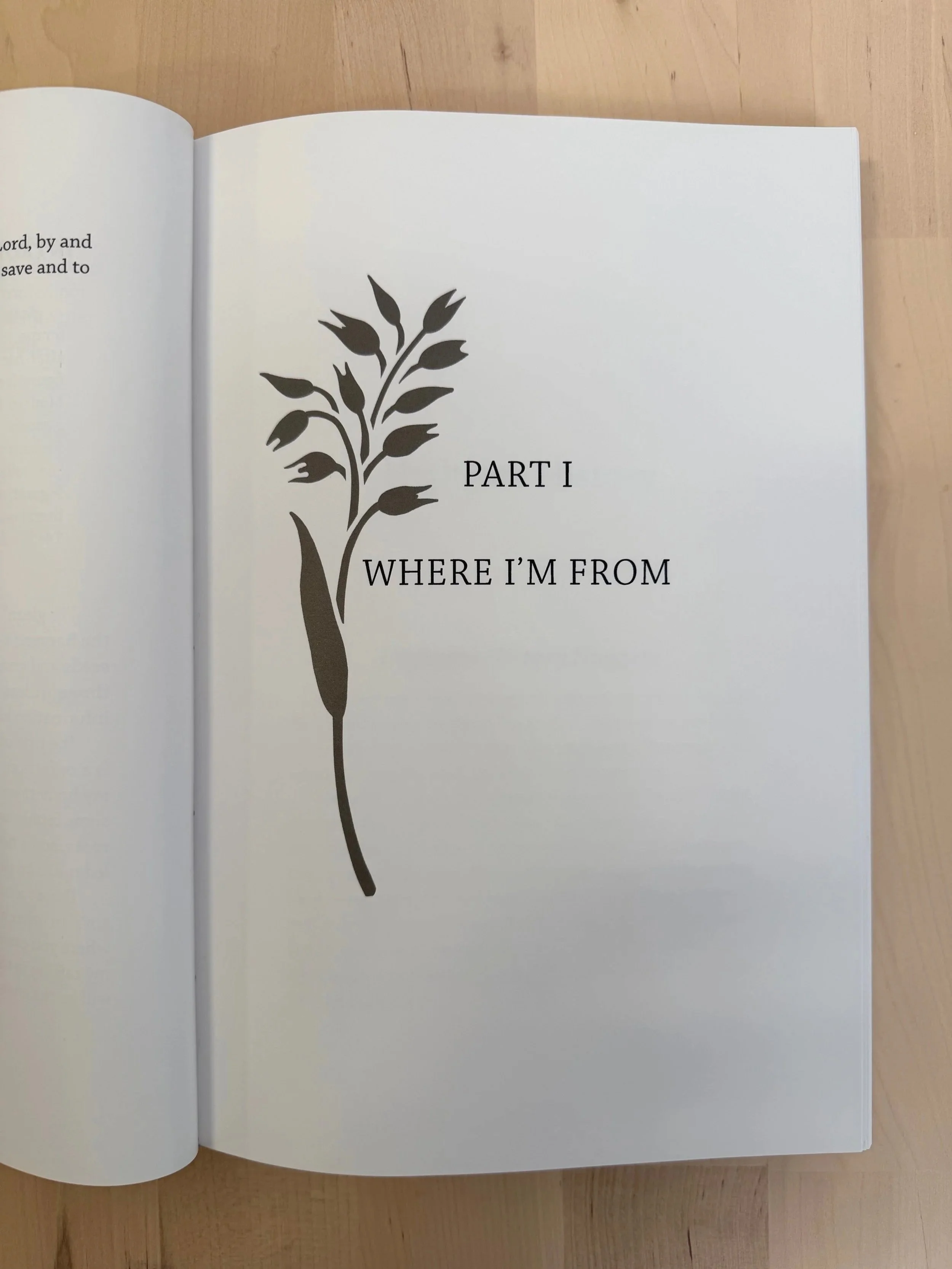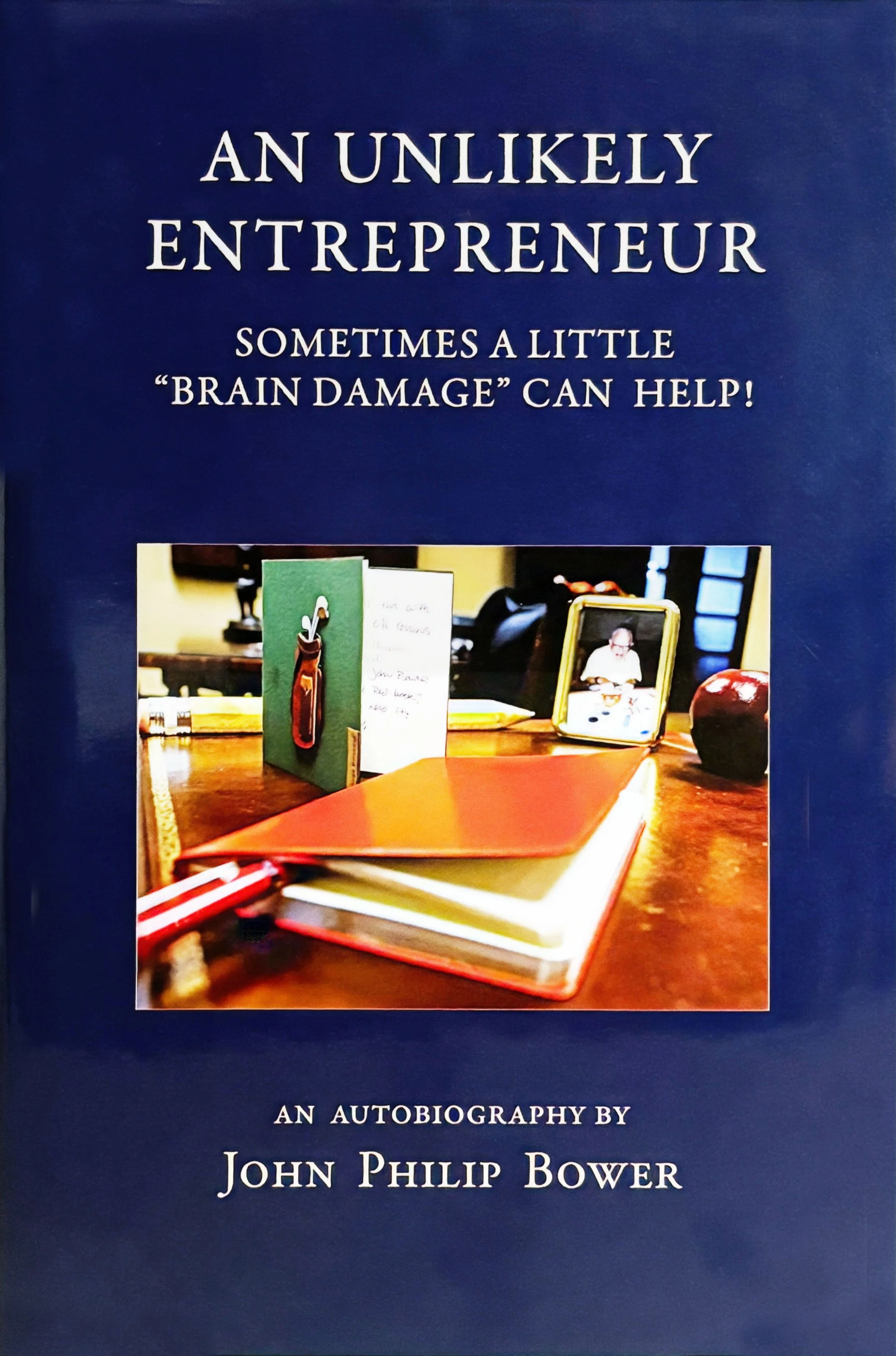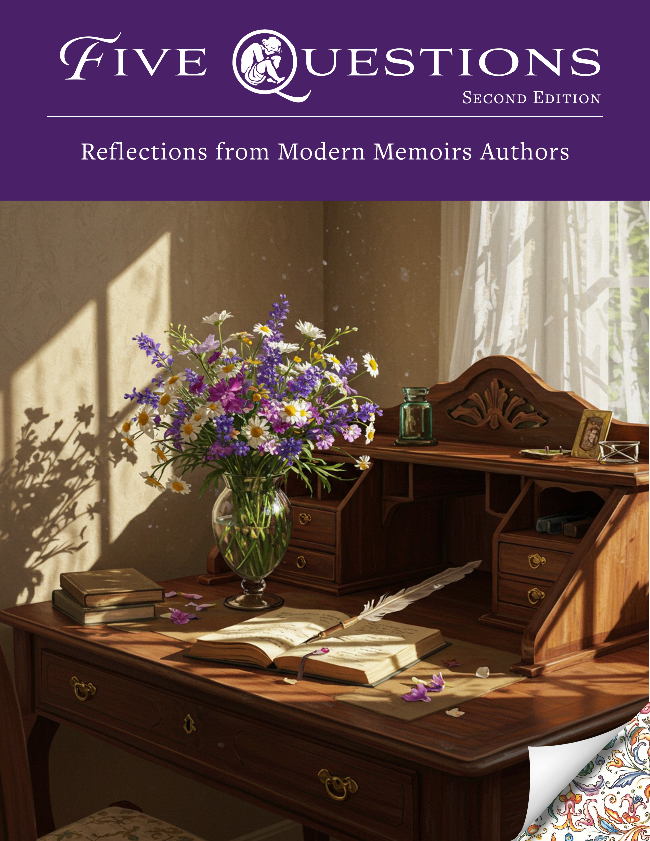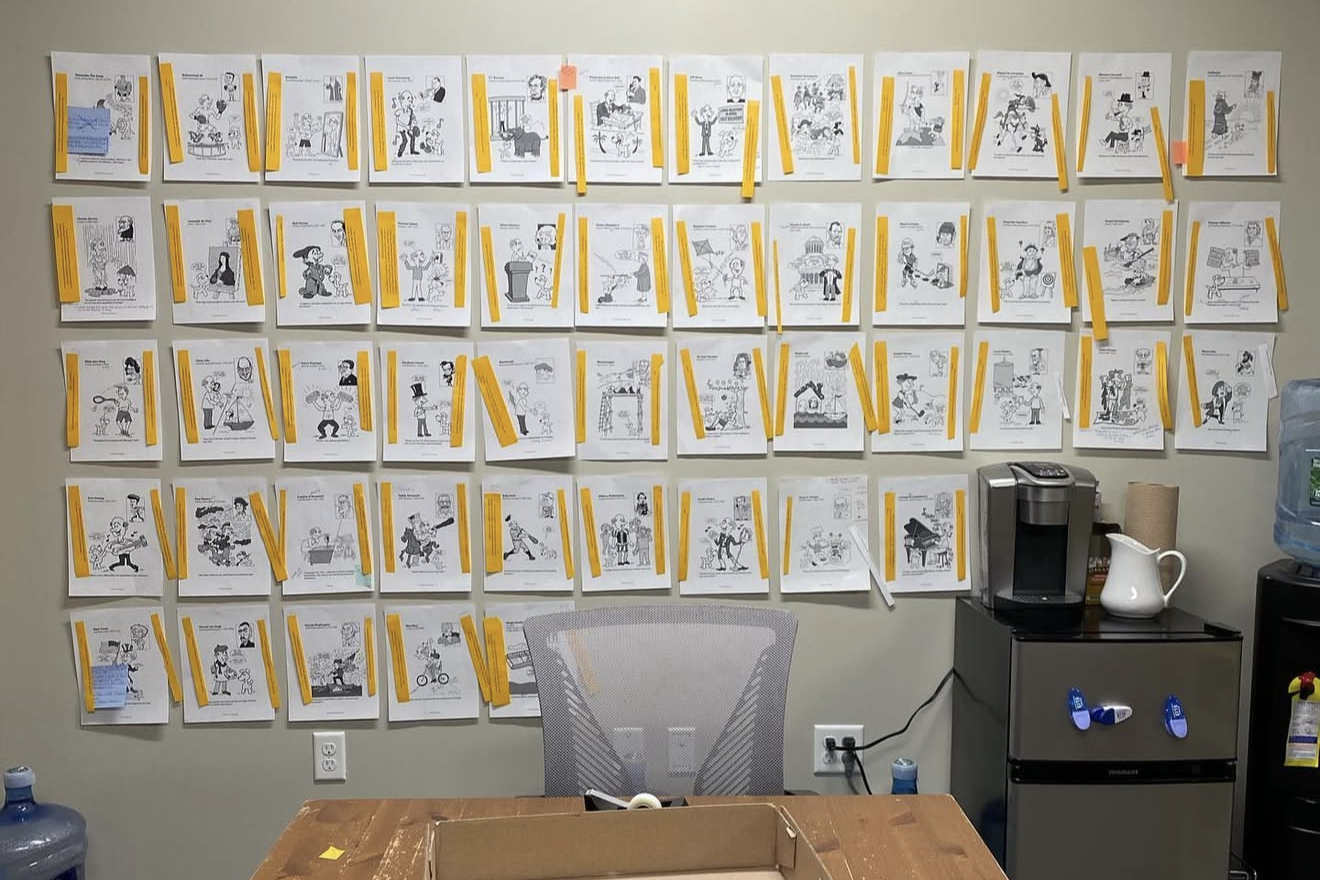Salk Institute entrance
High on a cliff in La Jolla, California sits a marvelous building, the Salk Institute, and if you can ever get yourself there and take a tour, it is well worth it. From the website’s mission statement:
Unlocking the secrets of life itself is the driving force behind the Salk Institute. Our team of world-class, award-winning scientists pushes the boundaries of knowledge in areas such as neuroscience, cancer research, aging, immunobiology, plant biology, computational biology, and more. Founded by Jonas Salk, developer of the first safe and effective polio vaccine, the Institute is an independent, nonprofit research organization and architectural landmark: small by choice, intimate by nature, and fearless in the face of any challenge.
If the founder, mission, research and researchers weren’t astounding enough, the building, designed by renowned architect Louis I. Kahn, will astonish. I’ve visited a few different times and taken the tour, and each time walked away more fascinated than the time before. Given the chance to go back in time and redo my education and career, without a doubt I would become a scientist—that’s how inspired I feel.
If you aren’t or weren’t much aware of polio, it probably means that like me, you were born after 1955 and thus received the vaccine and may never have encountered anyone who’s actually had polio. You can look up for yourself the horrific, widespread effects of the disease. According to the World Health Organization (WHO), by the mid-20th century, polio could be found the world over, killing or debilitating over half a million people every year.
Scientists’ research offices
Remarkably, when Jonas Salk’s IPV vaccine was first introduced in 1955, polio cases saw a dramatic decline, falling from 58,000 to 5,600 by 1957, and finally to just 161 cases in 1961.
Salk recognized that fair access to the vaccine would help end the disease, and consequently he did not profit from sharing the formulation or production processes with the six licensed pharmaceutical companies. In a 1955 interview, Salk was asked who owned the patent for IPV. His reply: “There is no patent. Could you patent the sun?”
A true Helios, that Salk.
In 1960 he went on to enlist Louis Kahn in designing the Salk Institute, a residency for scientists embarking on their research. At the entrance of the complex is an infinity pool that extends out to a deep “Pool of Knowledge” surrounded by “Conversation Pits” where people are encouraged to share their ideas, dreams, and findings.
When stepping into this venerable space, one of the first things you see are Salk’s words carved into the Italian marble at your feet:
“Hope lies in dreams, in imagination, and in the courage of those who dare to make dreams into reality.”
In closing, I offer a few verses written while I was there in 2025:
For Jonas Edward Salk, M.D. (who would be age 111)
You were the brave soldier to plod onward
in the face of tragedy and illness,
hand in hand with a fierce reality,
pushing, pushing to find a piece of an answer
to overcome a relentless tsunami
of a dark disease.
In slaying a beast named Poliomyelitis,
you gave an answer and a hope
to the world ’round
for life itself,
for countless lives to live on and on
for beholden generations.
Built of your vision is the Salk Institute,
a Brutalist castle on a cliff
to welcome dreamers,
the scientists, seekers, and givers—
the humans devoted to that very human thing:
to analyze, to figure, to test and to cure.
This concrete wonder—
marble floor, teak beams, and
a travertine tableau paving the way for dreams—
pours an infinite line of liquid neurons
into pools of knowledge, of science,
and over a precipice into eternity,
ever flowing forward, rivers of human trial and error,
turning mystery into the known,
while cradled in the universe of the unknown.
You give hope even as you aren’t here to say it.
You give honor to those science-soldiers who follow.
You embrace the world with your open arms
holding the globe in one small cell
or heaved upon your Atlas shoulders.
—Ali de Groot, 2025
All photographs © 2026 Ali de Groot
Ali de Groot is director of publishing for Modern Memoirs, Inc.




